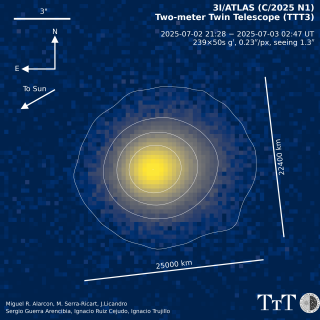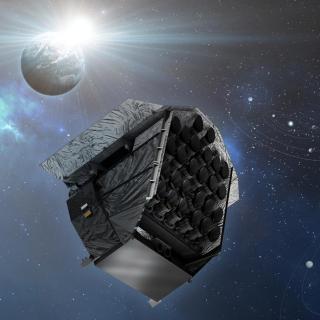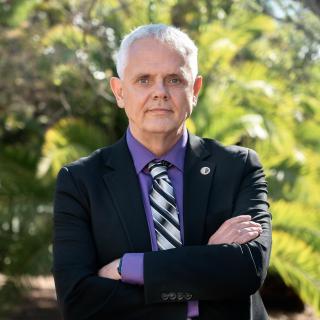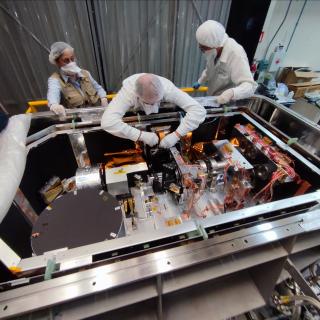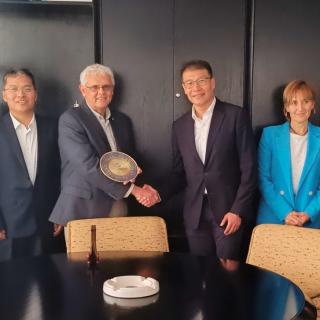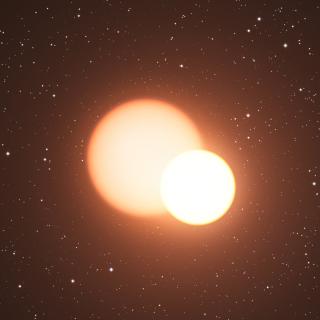
An international team of astronomers, including researchers from the IAC, have performed a unique cosmic test - measuring the mass of an ancient star using two entirely different methods, finding agreement to within just 1.4%. This result marks a milestone in our ability to determine the ages of old stars and use them as living fossils to study the Milky Way’s distant past. The team analysed the red giant in the binary system KIC 10001167 using two independent approaches: firstly, by measuring the brightness and radial velocity variations due to the orbital motion of the binary, and secondly
Advertised on
